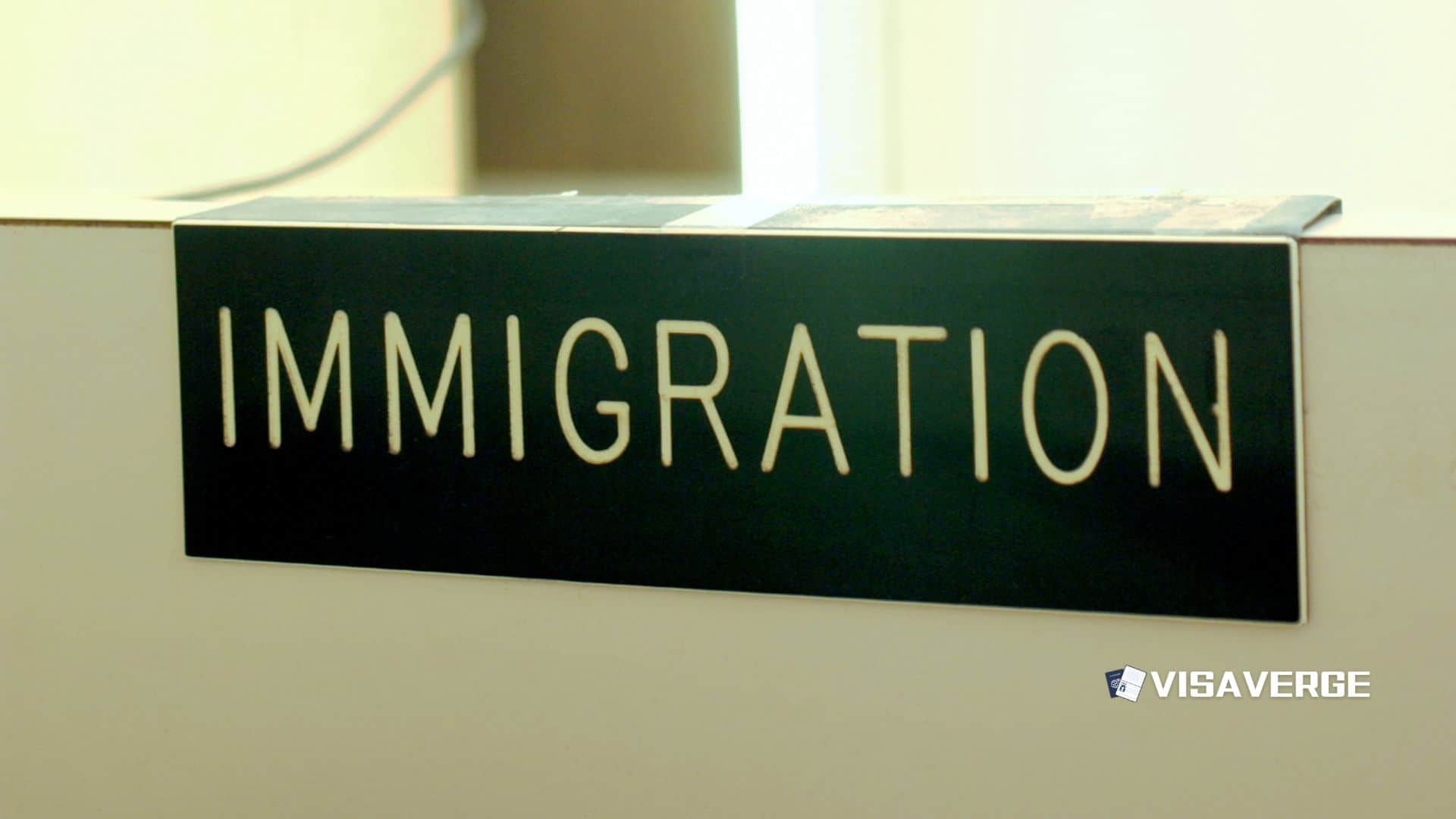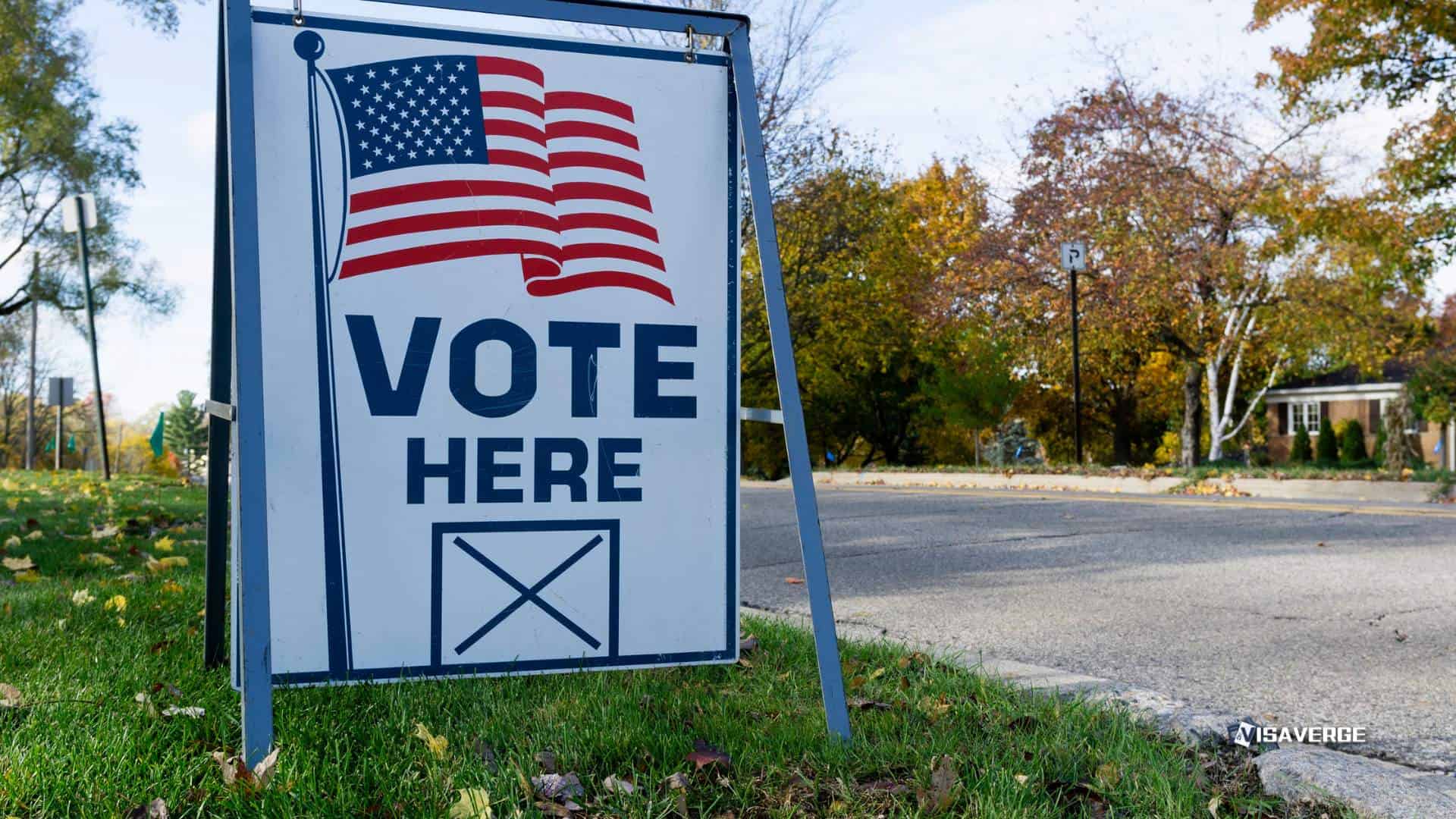(CHARLOTTE) Fear of a sweeping immigration crackdown in North Carolina is spilling into doctors’ offices and school classrooms, with health workers in Charlotte warning that people are skipping urgent medical care and risking their lives rather than face possible immigration enforcement.
Clinicians at one Charlotte clinic that serves mostly immigrant families say missed appointments are “skyrocketing”, with patients avoiding visits for everything from basic checkups to serious, time‑sensitive problems. Staff there now compare the empty waiting rooms to the early months of the COVID‑19 pandemic, when people stayed away even as their health worsened.

“The populations I tend to manage are the most vulnerable and most sick. I deal with a lot of life‑threatening conditions like HIV and hepatitis,” said a family medicine doctor at the Charlotte clinic. “These are people who should not wait — who cannot wait — to access care.”
What health providers are seeing
The sharp drop in in‑person visits began after federal agents started carrying out immigration detentions in Charlotte and the Triangle region, according to providers and community advocates. Word of people being picked up on their way to work or while running daily errands has spread quickly through immigrant communities, creating a climate of fear that now reaches into almost every part of daily life.
Health workers say the most fragile patients are suffering the most. People with HIV, hepatitis, diabetes and other chronic or life‑threatening illnesses are:
- Missing lab tests
- Postponing procedures
- Going without medications
That includes patients who need close follow‑up for conditions like foot ulcers, heart problems or advanced liver disease, where even short gaps in care can mean permanent damage.
“It feels like early COVID,” a case manager at the Charlotte clinic said. “The need is huge, and people are too afraid to come in for basic care.” Staff are calling patients, reminding them that the clinic does not share information with immigration authorities, but many still cancel at the last minute or simply do not show up.
Broader patterns across care settings
The pattern goes beyond one clinic. Providers across Charlotte report missed appointments for:
- Prenatal visits
- Childhood vaccines
- Cancer screenings
Reasons cited by patients include fear of being stopped by federal agents on the road and family members insisting they stay home because of rumors of checkpoints. Even some U.S. citizens report avoiding public spaces, worried they might be pulled aside or questioned because of their appearance, language, or last name.
Change in enforcement policy and its effects
The fear is driven in part by a shift in how immigration enforcement is carried out. For years, hospitals and clinics were widely seen as protected spaces, where agents generally did not make arrests. That changed in January 2025, when federal policy around so‑called “protected areas” was revised. Since then, local providers say they have heard of Border Patrol agents arresting immigrants inside hospitals, including one case in Charlotte where a patient hid in ceiling tiles before being caught.
Those reports have sent a chill through exam rooms. Nurses say some patients now ask, before anything else, whether immigration officers come into the building. A few arrive only once, then vanish from follow‑up, refusing to answer phone calls. Others try to manage dangerous conditions at home with borrowed pills, herbal remedies or simple denial.
Mental health impacts
Mental health clinics are also feeling the impact. Counselors and psychiatrists in Charlotte describe a 40–50% rise in anxiety‑related visits, including more panic attacks, insomnia and what they describe as constant hypervigilance among both documented and undocumented patients.
- Parents report children:
- Jump at loud sounds
- Worry when a family member leaves the house
- Ask what will happen if “la migra” comes to school
Dr. Martinez‑Bianchi of UNC Health said recent policy moves have shaken many patients’ sense of safety:
“Before I get started, I want to share that I speak to you in a moment of uncertainty and concern for our community, and also with an idea that we need a call for action and unity because it is certain that the recent executive orders and policy changes that were announced have profound implications for the health, especially for the health of immigrant communities,” she said.
School attendance and child welfare
The fear has reached classrooms as well. In Charlotte‑Mecklenburg Schools, more than 27,000 students — about 20% of total enrollment — stayed home on a single day after word spread of stepped‑up immigration detentions. Teachers reported half‑empty rooms, with many of the absent students coming from mixed‑status families where at least one member lacks legal immigration status.
School social workers say some parents kept their children home after hearing rumors that immigration officers might be waiting near campuses, even though there were no confirmed reports of such actions. The sudden spike in absences has raised concerns about:
- Long‑term learning loss
- Weakened ties between schools and families
- Mental health impacts on children already worried about family separation
Policy context in North Carolina
The current climate follows a series of legal and policy changes at the state and federal level. North Carolina’s Republican‑led General Assembly passed legislation requiring sheriffs to work more closely with federal immigration authorities, including honoring immigration detainers in local jails.
- Supporters say the measure improves public safety.
- Health providers and immigrant advocates say it deepens distrust of all government institutions, from courts to clinics.
According to analysis by VisaVerge.com, similar enforcement pushes in other states have often led to drops in clinic visits and public benefit use among immigrant families, even when many relatives are U.S. citizens or have lawful status. Advocates in North Carolina say they are now seeing that same pattern, with people staying away from anything tied to the government or official records.
Clinic responses and limits of telehealth
Many clinics have tried to respond by increasing virtual appointments. Doctors now see more patients by phone or video, hoping to offer at least some care to those afraid to travel.
However, clinicians stress that telehealth cannot replace hands‑on exams for problems like:
- Wounds and diabetic ulcers
- Severe infections
- Advanced pregnancy care
Delaying in‑person care in these cases can be the difference between recovery and permanent disability — or between life and death.
Long-term health and system consequences
Front‑line staff worry that the harm will persist long after the current round of enforcement actions fades from the headlines:
- Interrupted HIV or hepatitis treatment can cause conditions to rebound, increasing illness and transmission risk.
- Uncontrolled diabetes or hypertension can result in strokes, kidney failure, or amputations.
- Emergency rooms in Charlotte and the Triangle could see more late‑stage cases, potentially overwhelming capacity and raising costs because emergency care is far more expensive than routine visits.
To summarize system‑level risks, here is a compact view:
| Area | Potential short-term effect | Potential long-term consequence |
|---|---|---|
| Individual health | Missed tests/appointments | Chronic worsening, disability, death |
| Hospitals/ERs | More late-stage crises | Overcrowding, higher costs |
| Schools | Mass absences | Learning loss, mental health decline |
| Economy | Worker sickness/absences | Lower productivity, higher turnover |
At the same time, North Carolina’s economy leans heavily on immigrant workers, especially in agriculture, construction and service jobs. When those workers get sicker because they avoid clinics during an immigration crackdown, employers face more absences, lower productivity and greater turnover. Advocates argue that what begins as an enforcement campaign quickly becomes a health and economic issue for the entire state, not just for those without papers.
Calls for protections and community action
Community groups and some lawmakers are urging officials to clearly mark health clinics, hospitals, schools and places of worship as protected areas where immigration arrests should not take place except in the most extreme circumstances. The U.S. Department of Homeland Security has issued guidance in the past on limiting enforcement in such locations, and information on those policies is available on the agency’s website at DHS protected areas guidance. But local providers say that without clear, public commitments — and consistent behavior from agents on the ground — fear will continue to keep people away.
Doctors, nurses and social workers in Charlotte say they now see their role as not only caring for patients’ bodies but also trying to rebuild trust. Examples of clinic efforts include:
- Small community meetings in Spanish and other languages to explain patient privacy rules
- Reassuring families that staff do not report anyone to immigration
- Working with churches and neighborhood groups to spread messages that it is safe to seek care
Final warnings from front‑line workers
Still, those on the front lines say they cannot fix the problem alone. For families who have already seen a relative detained or who hear daily reports of arrests in their neighborhoods, no amount of reassurance from a clinic receptionist will fully erase the fear of stepping outside.
Until broader policy changes restore a sense of safety around schools and medical offices, they warn, the quiet crisis of missed care in Charlotte and across North Carolina is likely to deepen — one skipped appointment at a time.
Intensified immigration enforcement in Charlotte and the Triangle has caused widespread avoidance of medical care among immigrant communities, leading to missed appointments for chronic, prenatal and urgent conditions, and a sharp rise in anxiety‑related mental health visits. Schools reported over 27,000 absences in one district. Clinics are using telehealth and community outreach, but stress that many conditions require in‑person care. Advocates urge formal protected‑area policies to restore trust and prevent long‑term health and economic consequences.







